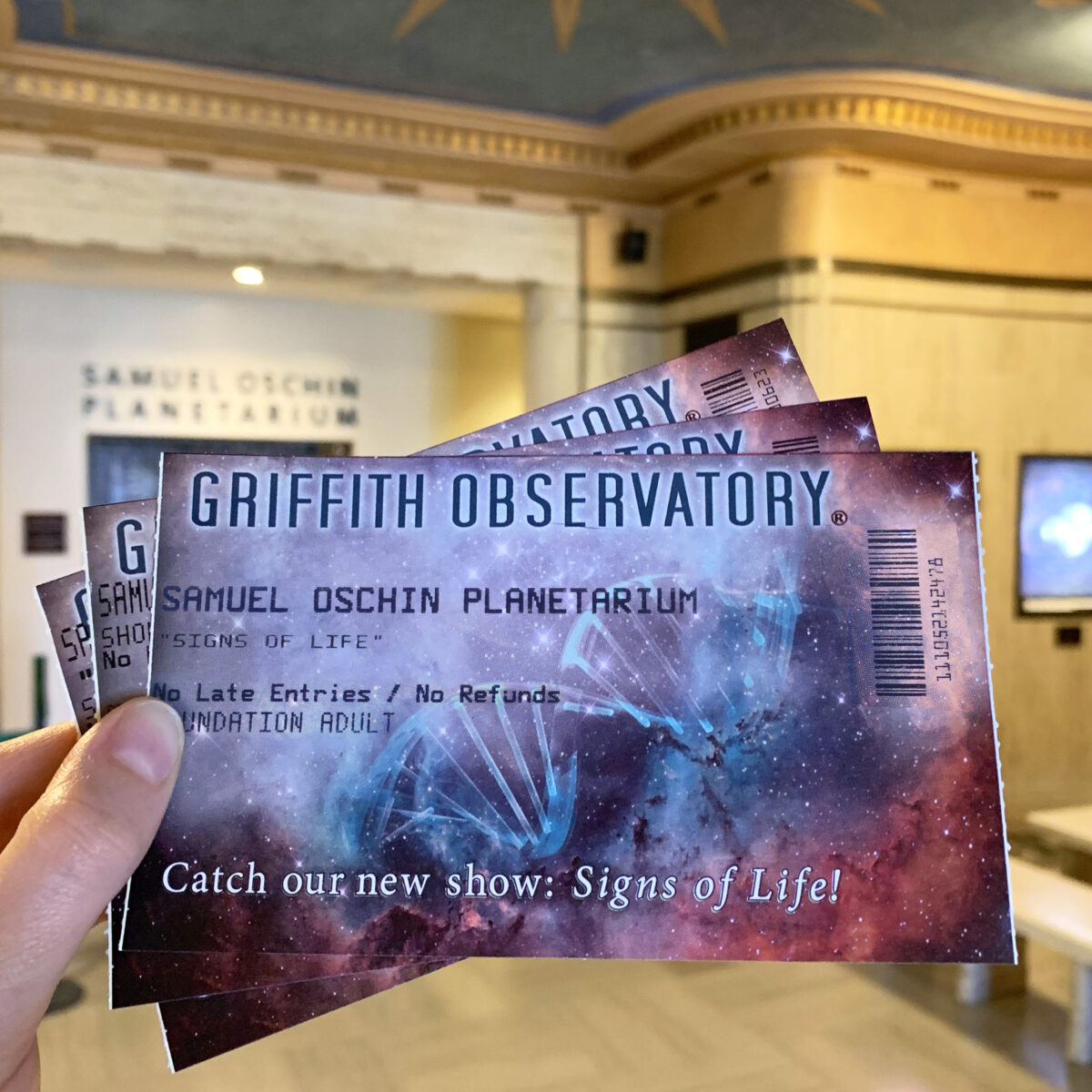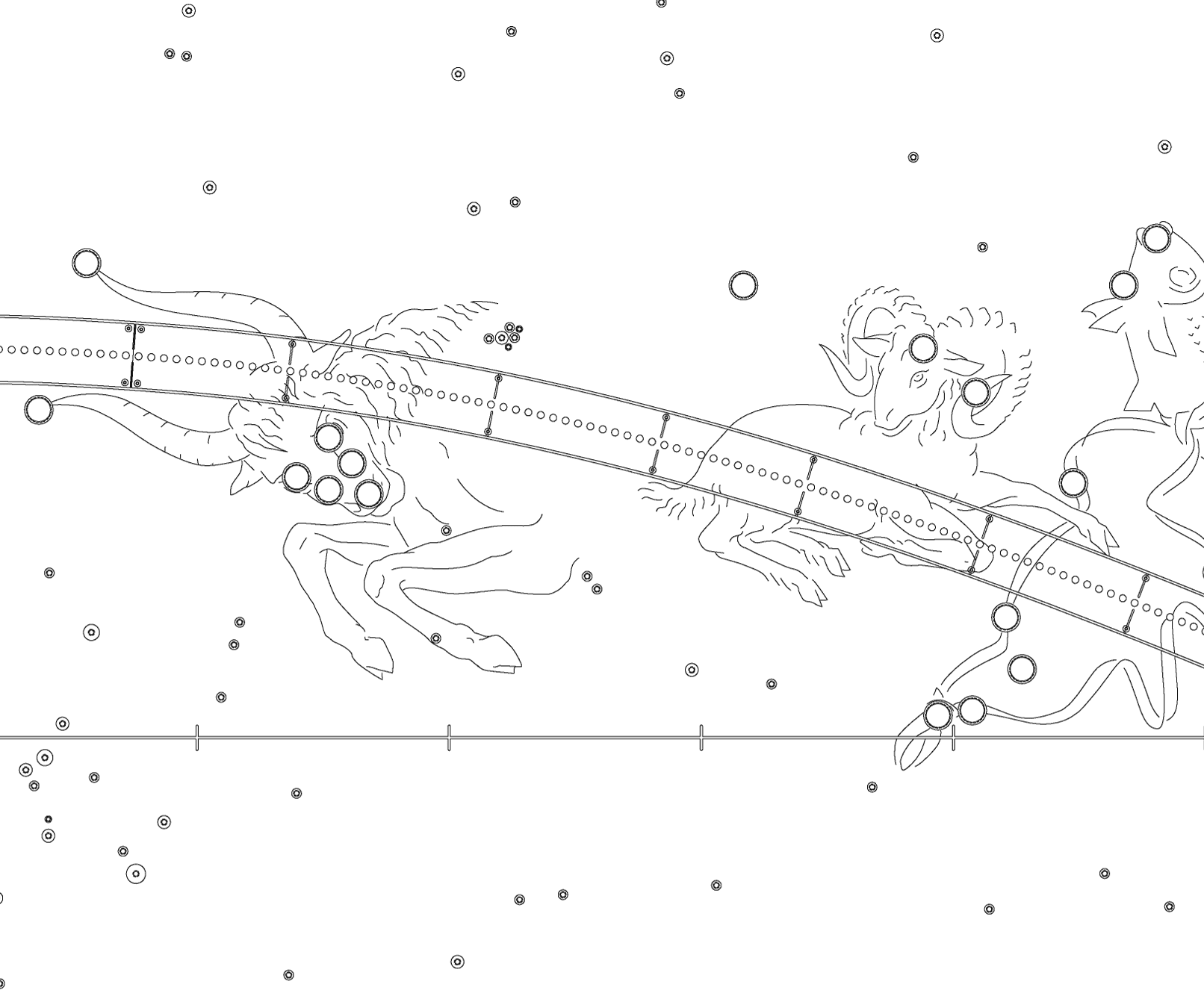Centered in the Universe
We often imagine ourselves at the center of things. That includes our place in the universe, ever since the first people looked up at the sky. Even as our scientific observation has shown the cosmos does not revolve around us, our ongoing investigations continue to keep us Centered in the Universe.


The premiere show in the Samuel Oschin Planetarium uses state-of-the-art all-dome technologies to weave a story that transports audiences from familiar constellations to cosmic destinations beyond everyday experience. Every show is presented by a live, engaging, knowledgeable storyteller, supported by a Zeiss Universarium Mark IX star projector and all-dome digital animation projected through two Digistar 3 digital laser projectors from Evans & Sutherland. Centered in the Universe creates a sense of awe and wonder as it reveals our ever-expanding universe and the changing stories we have told ourselves about our place within it.
Show Length: 35 min.
Other Shows

Signs of Life
Signs of Life is an astronomical detective story that propels visitors to uncover what it took to put life in the universe. Earth is the launchpad to Mars, the moons of Jupiter and Saturn, and planets beyond our Milky Way Galaxy in a search for answers to the mysteries that captivate our imagination.
Show Length: 35 min.

Water Is Life
Water Is Life was written and produced for Griffith Observatory’s fifth grade school field trip program. Drawing on the fifth grade science content standards, Water Is Life explores where our water in California comes from, and how water on Earth keeps us alive.
Show Length: 32 min.

Member Benefit: Parking & Show Reservations
As an exclusive benefit of membership, Griffith Observatory Foundation members at the Antares level and above may reserve Samuel Oschin Planetarium show tickets in advance! Reservations include parking for one vehicle and are subject to availability. Join today to enjoy this benefit!
Already a member? Submit a request for Samuel Oschin Planetarium reservations today!
About Centered in the Universe
The show opens with a glorious sunset projected by the Digistar 3 digital laser projection system and transforms into the most gorgeous, the most awe-inspiring, and the most accurate vault full of stars, all projected by the Zeiss Universarium Mark IX star projector. The live lecturer reminds us that people have always filled the sky with stories to explain the cycles of day and night, the circling of stars in the heavens, and the wandering of planets and to help them feel at home in the universe.
Then stories gave way to scientific theories. Ten minutes into the show, the Zeiss night sky fades to Alexandria, Egypt, circa 140 A.D. Using computer graphics in the immersive, 360-degree wrap-around environment of the Samuel Oschin Planetarium, the audience journeys from astronomer Claudius Ptolemy’s Earth-centered universe to Galileo’s Sun-centered solar system and on to Edwin Hubble at Mount Wilson Observatory, where he was forging our current view of the universe. Hubble realized the universe is not only incredibly vast but also expanding. Combining advanced technology, imagination, and the skills of astronomical animators, we are able to experience the Big Bang, travel through filaments of clusters of galaxies, and see the ultimate structure of the universe. Even as we scratch the surface of phenomena like dark energy and dark matter, we realize there is still more to be observed and discovered as we return home to the front lawn of Griffith Observatory. We have completed a voyage of evolving cosmic perspective.
Show Development
Centered in the Universe is made possible by a unique collaboration between Friends Of The Observatory and the Los Angeles Department of Recreation and Parks. Both have provided financial support for show development and equipment. In the process, a professional animation studio was created that is producing a planetarium show at a level of excellence that will delight general audiences, scientists, and animation specialists.
Griffith Observatory’s own astronomical artist, Don Dixon, directed the show and also co-wrote the script in collaboration with Dr. E. C. Krupp, Director of Griffith Observatory and a renowned expert on ancient astronomy, and André Bormanis, story editor for Star Trek Enterprise.


A Griffith Observatory Production
| Observatory Director | Dr. E.C. Krupp |
| Sponsored by | City of Los Angeles |
| Department of Recreation and Parks | |
| Friends Of The Observatory | |
| Executive Director | Camille Lombardo |
| Director | Don Dixon |
| Executive Producer | Ann Hassett |
| Visual Effects Producer | Bill Murphy |
| Art Director | Chris Butler |
| Writers | Don Dixon |
| Dr. E.C. Krupp | |
| André Bormanis | |
| Performance Director | Chris Shelton |
| Visual Effects | |
|---|---|
| Lead 3D Artists | Jerry Weil |
| Tom Bradley | |
| Zeth Dubois | |
| Michael Kory | |
| 3D Artists | Patrick So |
| Craig Sylvester | |
| Compositing Leads | August Coleman |
| Zeth Dubois | |
| Compositors | Kevin O’ Neal |
| Robyn Kralik | |
| Models & Textures | Dan Wanket |
| David Summers | |
| Jessi Chang | |
| Mark Shoaf | |
| Editors | Shawn Crosby |
| Barrett Sanders | |
| Don Dixon | |
| Drew Anderson | |
| Pre-Visualization | Michael Makara |
| Technical Development | Irv Moy |
| Barry Dempsey | |
| Night Render Management | Bobby Coquia |
| Wally Chin | |
| Vince Lavares | |
| Original Music | |
| Alan Ett | |
| Scott Liggett | |
| William Ashford | |
| Alan Ett Music Group | |
| Music Recording and Mix | Damon Tedesco |
| Music Editor | Irl Sanders |
| Music Project Coordinator | Levon Broussalian |
| Sound Design | Media City Sound |
| Jon Schell | |
| Zeiss Programming and Theater Systems Coordination | Patrick So |
| Samuel Oschin Planetarium Sound Design | Drew Dalzell |
| Systems | Jeff Yana |
| Brian Cao | |
| Vorak Ly | |
| Robert Wimmer | |
| Samuel Oschin Planetarium Projector Support | David Nakamoto |
| Payroll | Valerie Chamberlain |
| Heather Tarumoto | |
| Special Thanks | |
| Cliff Edson & Kath Hayes – RFX Hollywood | William Chen – Bell Computer |
| Wendy Wirthlin – Pixar Animation | Robin Scher – Smedge |
| Rick Balabuck – Maximum Throughput Inc. | Phil Christensen & Noel Gorelick – Arizona State University |
| Matt Fairclough – Planetside Software | Arndt von Koenigsmarc – Maxon Computer |
| David Seal – JPL | United States Air Force |
| Bill Ratner | Bob Niemack |
| Linda Barth | Dr. David Gold |
| Kara Knack | John Mosley |
| Mark Pine | Dava Sobel |